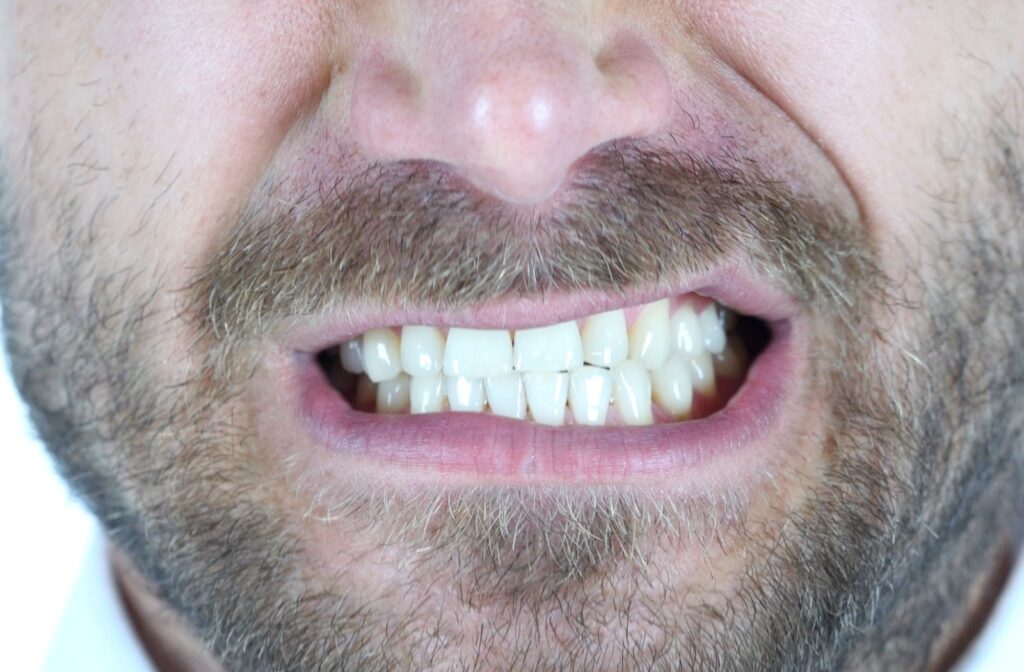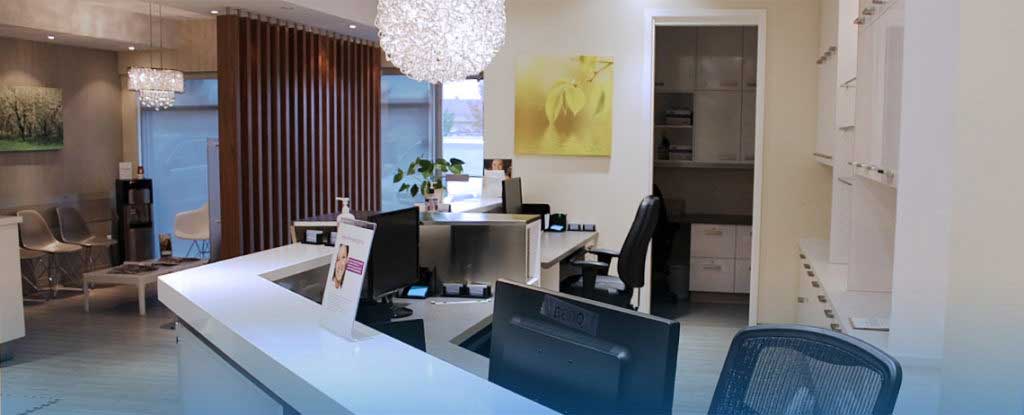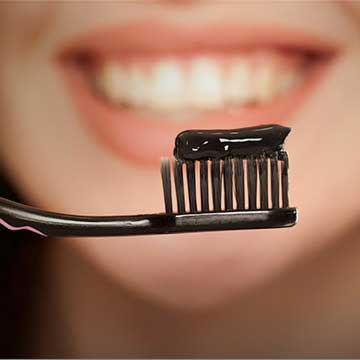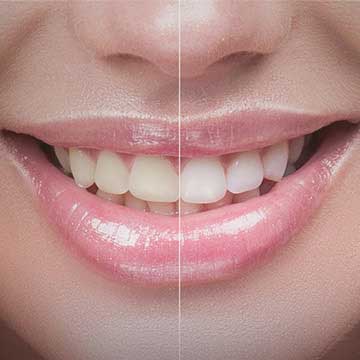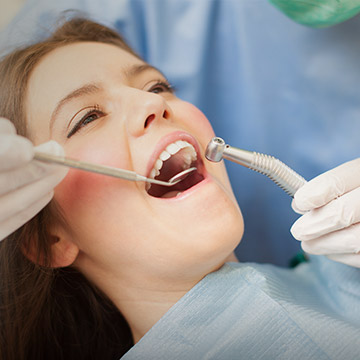Sometimes, subconscious habits can be a little more harmful than we think, and teeth grinding is one of them. Teeth grinding doesn’t just damage your teeth, it can lead to tooth pain, TMJ pain, and more.
One of the most common side effects of teeth grinding, or bruxism, is headaches. It puts significant levels of strain on your jaw muscles, and this can quickly cause tension headaches in the brain.
If you grind your teeth, it’s essential to address the problem as quickly as you can. Through a personalized treatment plan provided by your dentist, you can avoid the negative effects of teeth grinding.
What Is Bruxism?
Bruxism is the clinical term for teeth grinding—that subconscious motion where you clench your teeth tightly against each other. This condition can occur during the day (awake bruxism) or at night (sleep bruxism).
This is a lot more common than most people think. However, it isn’t just a way to relieve stress—bruxism can put a significant amount of pressure on your jaw and surrounding area.
These repeated grinding motions put excessive strain on your muscles, which can lead to further effects throughout your skull. These issues surpass just your teeth; they can even lead directly to headaches.
How Are Bruxism and Headaches Connected?
When you clench your teeth, you’re using the muscle that connects your jaw to your skull. This muscle is responsible for helping you chew, speak, and move your jaw from side to side. However, overusing any muscle often leads to soreness, and this muscle in your jaw is no exception—when you overwork it and push it too hard, it can lead to tension headaches.
Tension headaches often feel like:
- A constant, dull ache on both sides of the head
- A feeling of pressure behind the eyes
- Sensitivity to light and noise
It’s common to experience this in the morning—especially for those who grind their teeth primarily at night. You aren’t able to naturally stop yourself from subconsciously grinding your teeth at night, you’ll notice that dull ache quickly developing when you wake up.
Symptoms of Teeth Grinding
Bruxism isn’t just about putting strain on the muscles in your jaw and causing headaches. It can also put significant strain on your teeth and their supporting structures, and the constant grinding can lead to:
- Worn-down, chipped, or fractured teeth due to wear and tear
- Tooth sensitivity or pain
- Tight or sore jaw muscles
- Clicking or popping sounds in the jaw joint
- Earache-like pain
- Ringing in the ears (Tinnitus)
If you notice any of these symptoms, you’re likely subconsciously grinding your teeth. These effects can all significantly affect your quality of life—from chewing to speaking, your jaw will likely be sore. So what do you do?
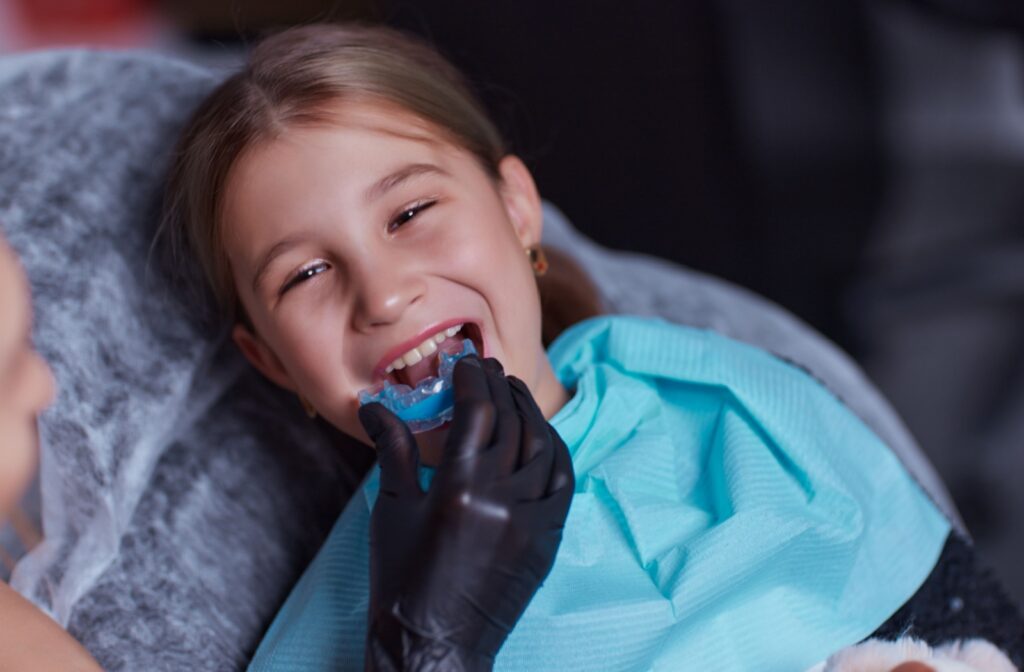
Treating and Preventing Teeth Grinding
When it comes to bruxism, an ideal approach is to try and stop the grinding itself. Typically, this can be much simpler than most people think—by wearing a custom mouthguard.
This simple piece of rubber can be molded to fit your exact tooth structure. They help to reduce the pressure on your teeth while preventing them from rubbing against each other. These can be worn while you sleep or throughout the day as needed to help reduce the symptoms of your bruxism.
A mouthguard is just one piece of the puzzle. To manage your bruxism, it also helps to:
- Manage your stress wherever you can: Stress is a common trigger for bruxism, so try to find effective stress management techniques like meditation, yoga, and deep breathing.
- Establish a calming routine before bed to help your body relax: Consider reading, taking a warm bath, or listening to soothing music.
- Treat GERD/acid reflux: chronic acid reflux can indirectly cause stimulation of the masseter muscles contributing to sleep grinding. Speak with your physician or dentist if you have any symptoms of acid reflux eg. burning in throat/chest, sour taste in mouth, sensation of lump in throat, frequent throat clearing.
- Sleep disorders: sleep disordered breathing eg. sleep apnea can contribute to acid reflux and sleep bruxism. Speak with your dentist or doctor if you experience: morning headaches, excessive daytime tiredness, loud snoring, gasping/choking episodes during the night.
- Limit your caffeine and alcohol intake: as these increase the likelihood of teeth grinding.
- Medications: some stimulant and psychiatric medications can contribute to tooth clenching and grinding.
If you don’t know how to approach your bruxism, visit your dentist. They’ll be able to recommend appropriate preventative measures to help you prevent your teeth grinding. Through a personalized approach, you’ll be able to effectively get a handle on your bruxism to improve your quality of life.
When to Talk to a Dentist
If you’re dealing with the symptoms of bruxism or constant headaches, it’s crucial to seek out professional help. Long-term teeth grinding can cause more than headaches; it can directly lead to:
- Tooth erosion and enamel wear
- Gum recession
- Sleep disturbances
- A change in the physical structure of your bite
- TMJ disorders
- Damage to any existing dental restorations, like implants or fillings
This is why it’s so important to visit your dentist as soon as you can. By preventing your bruxism from interfering with your life, you’re taking active steps toward maintaining your oral and dental health—and that can have a big impact on your overall quality of life!
Take Control of Your Oral Health
At Otara Dental, we know how challenging it can be to address dental issues alone. That’s why we’re here to support you every step of the way. Whether you’re dealing with bruxism or any other dental problem, we’re here to help, so request an appointment with our clinic today!


